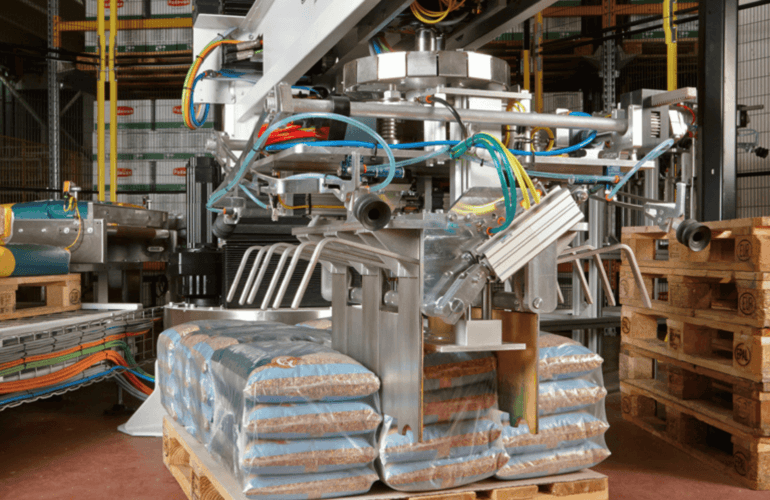Adapting business processes has always been the way to compete, but it’s more important now than ever to future-proof.
We’re going to say it – 2020 is the year of automation. Businesses are clearly having to make some serious changes to their processes this year – and manufacturing is one of the industries most severely affected by the pandemic.
Adapt or die
We wrote recently about how automation will be an investment worth having when it comes to social distancing and the introduction of the UK’s points-based immigration system. If your business is struggling in the current climate, it’s time to make a change.
It took ten years for UK production to return to 2008 level following the recession, and it looks like the country’s heading for a double dip recession this year. Given that the impact on UK manufacturing is likely to be protracted, why would you invest in new equipment?
Future-proofing
The simple answer is, to not only survive, but compete. Automation undoubtedly makes processes more efficient – even without a pandemic and a lack of EU labourers, manufacturing was already heading this way. The current situation has just laid bare how unstable business continuity strategies can be when challenged.
Forbes reports that now is the time to review your automation strategy. As well as the standard pros for adopting robotics, such as fewer mistakes made, greater speed and higher safety levels, automation removes a lot of the unknown factors when it comes to business planning, especially in crises like this year.
Investing in automation
According to the Financial Times, “the pandemic is driving a shift in companies’ use of technology”, boosting automation and robotics uptake, and forecasted to rise rapidly. The International Federation of Robots (IFR) reported that use of logistics robots, like those used in manufacturing, has increased by 110% and is rising. In the same recent press release, IFR President Milton Guerry said, “Assuming 24 hour operation, the investment in service robots for logistics may be repaid within 2‐3 years and often much quicker.”
On top of the ROI, the UK government is investing £147 million in supporting businesses that introduce new technology to accelerate their production with their Made Smarter scheme. This scheme is open to ambitious manufacturers that have the scope to innovate.
With decades of experience, PALpack provides automated solutions for your manufacturing and production lines.




